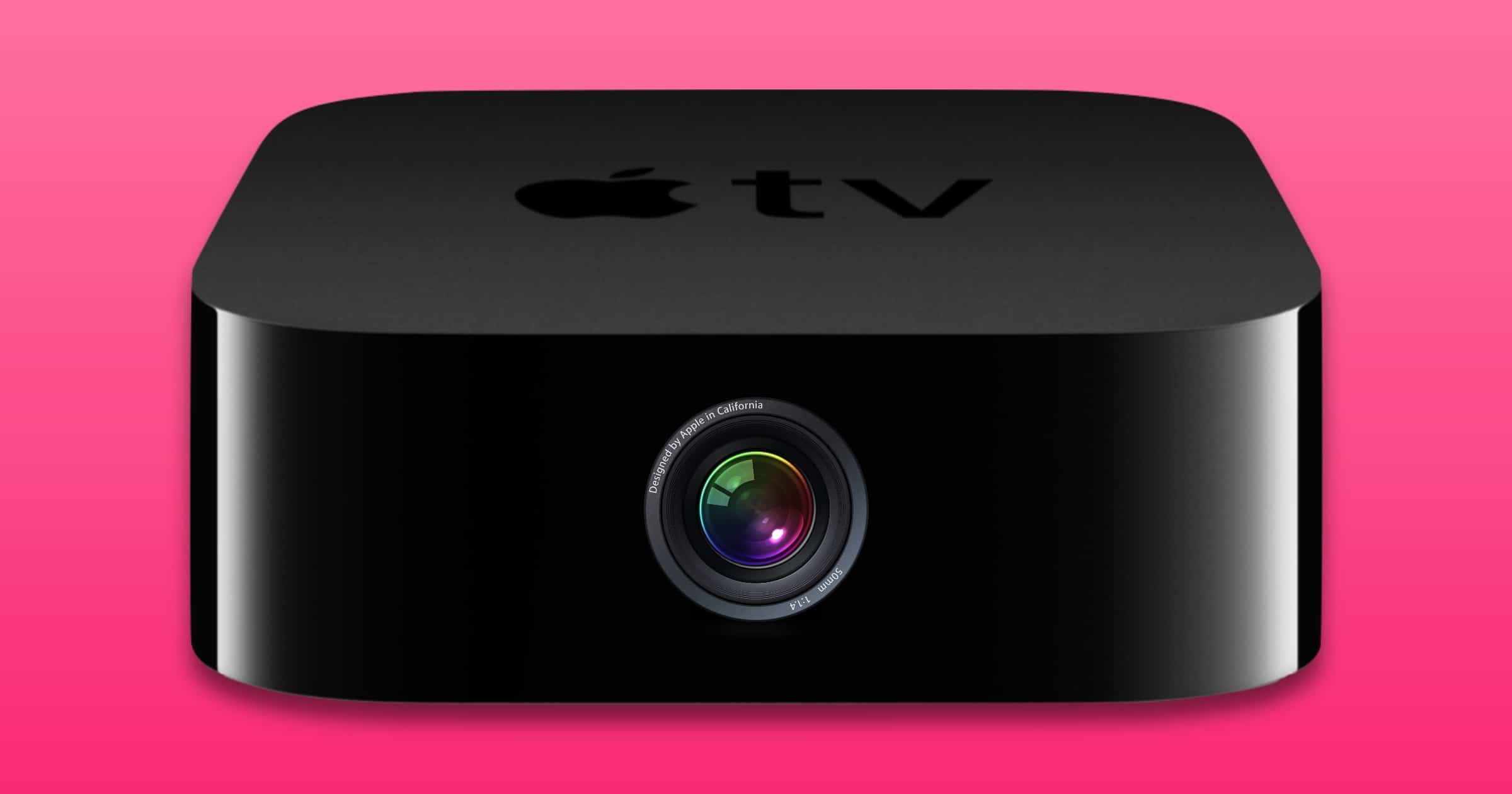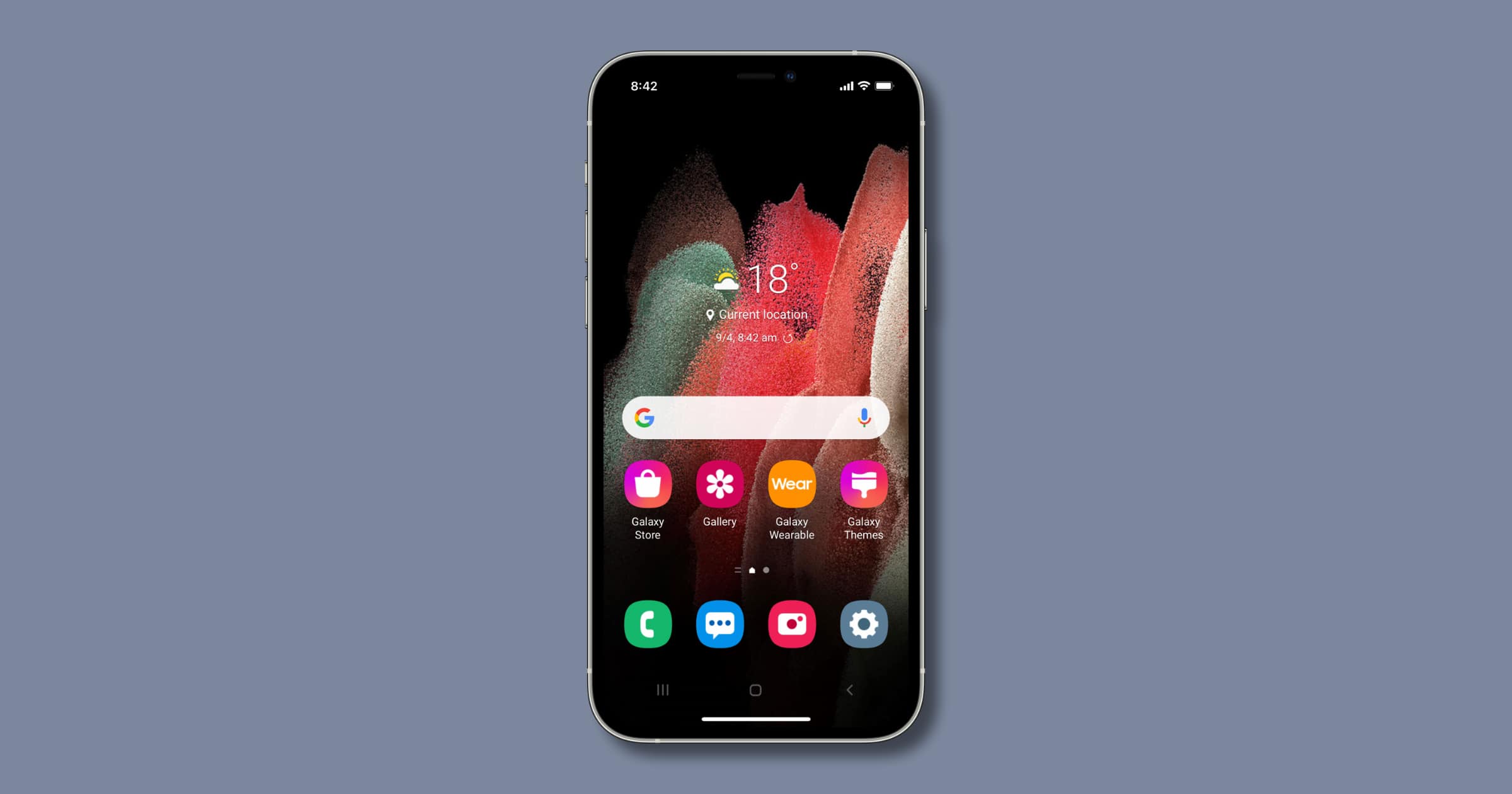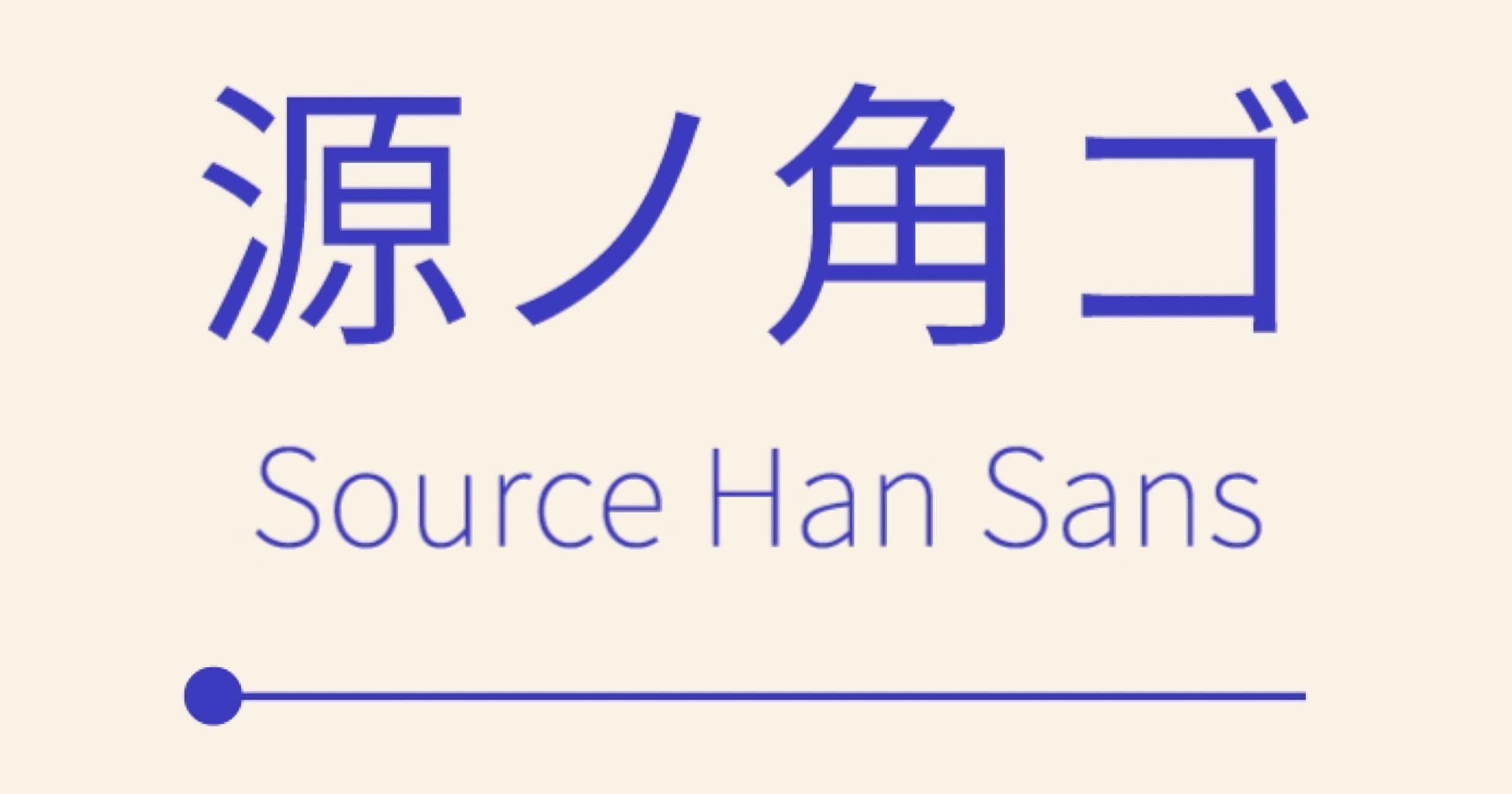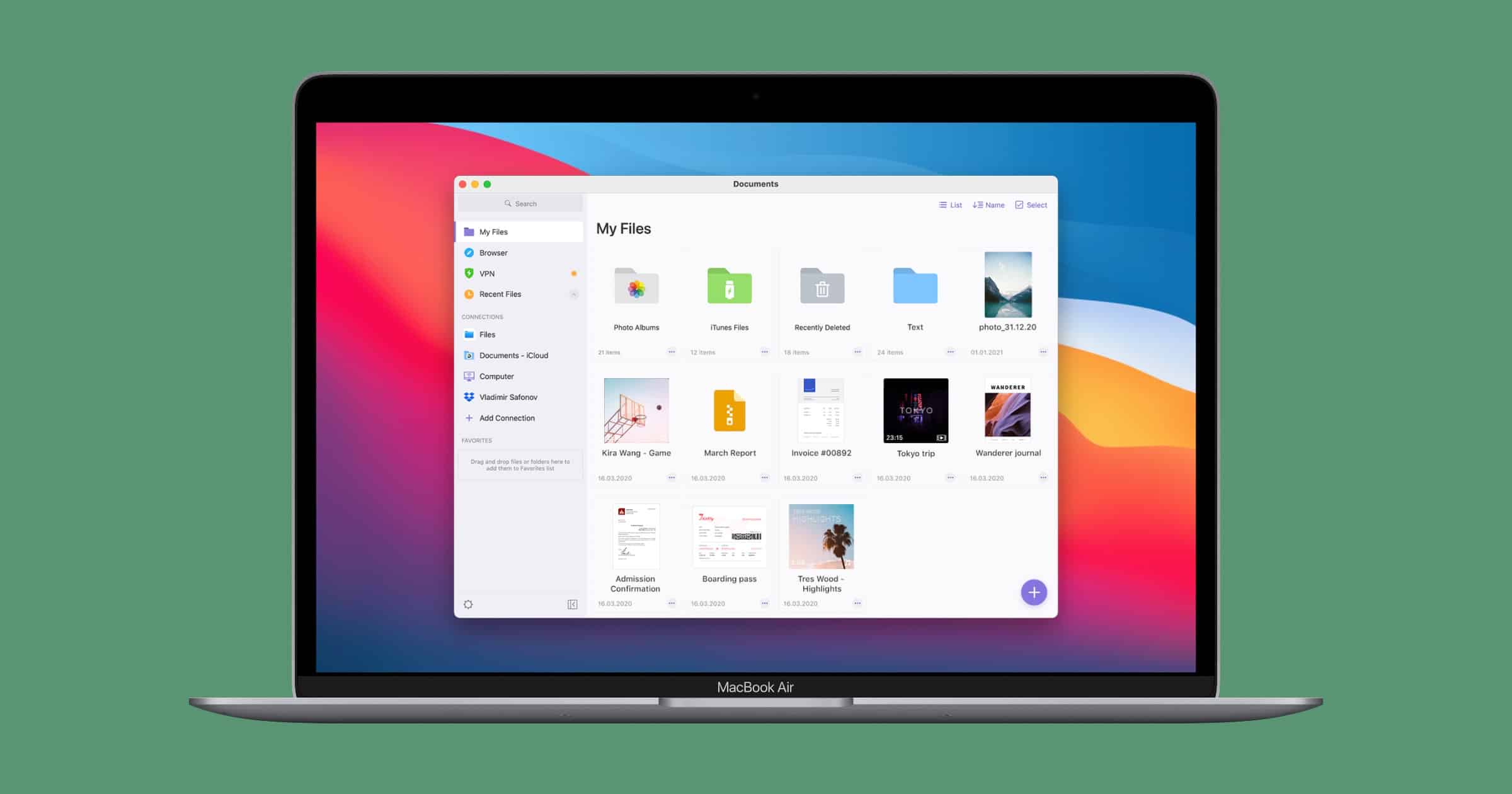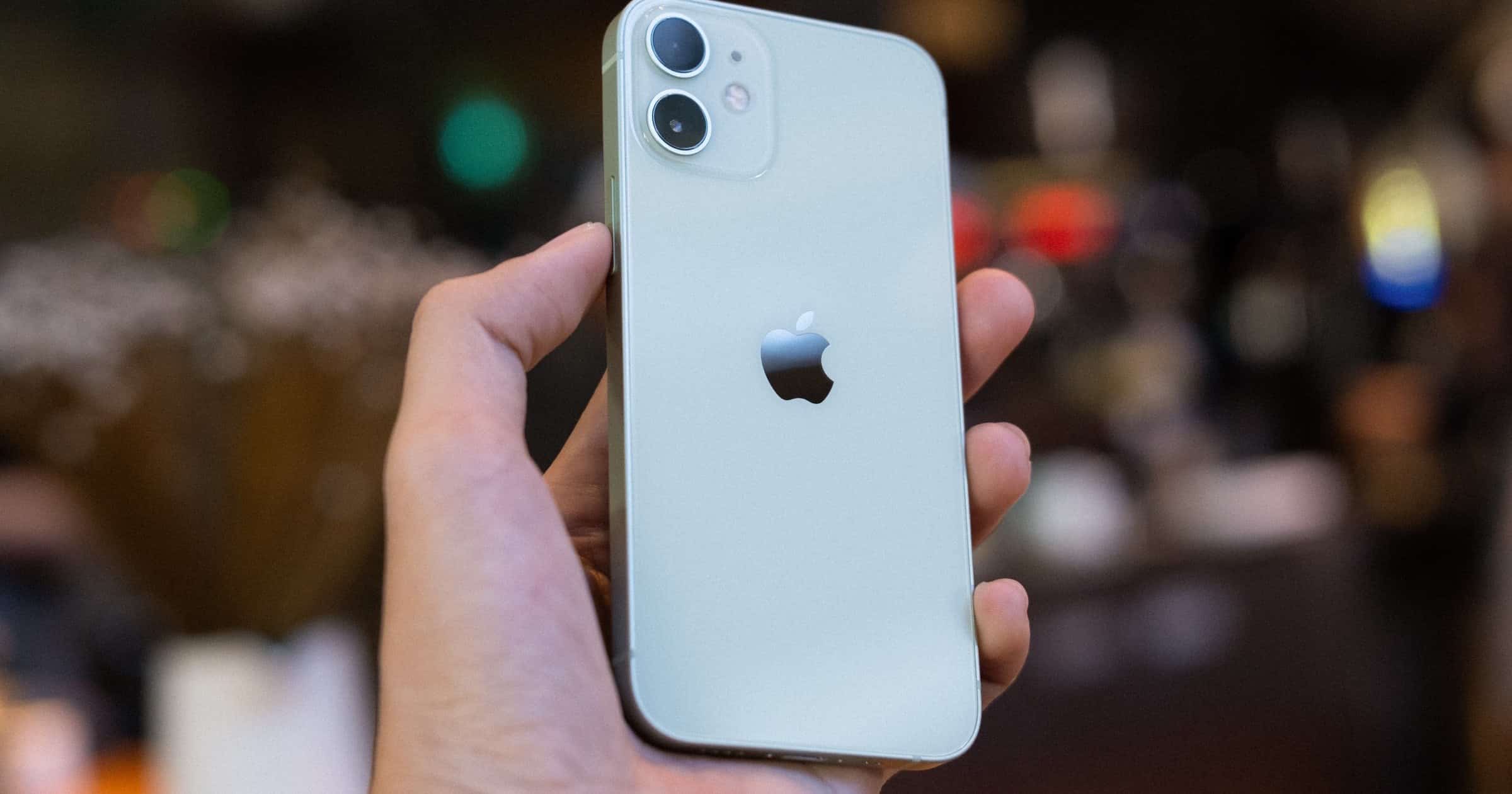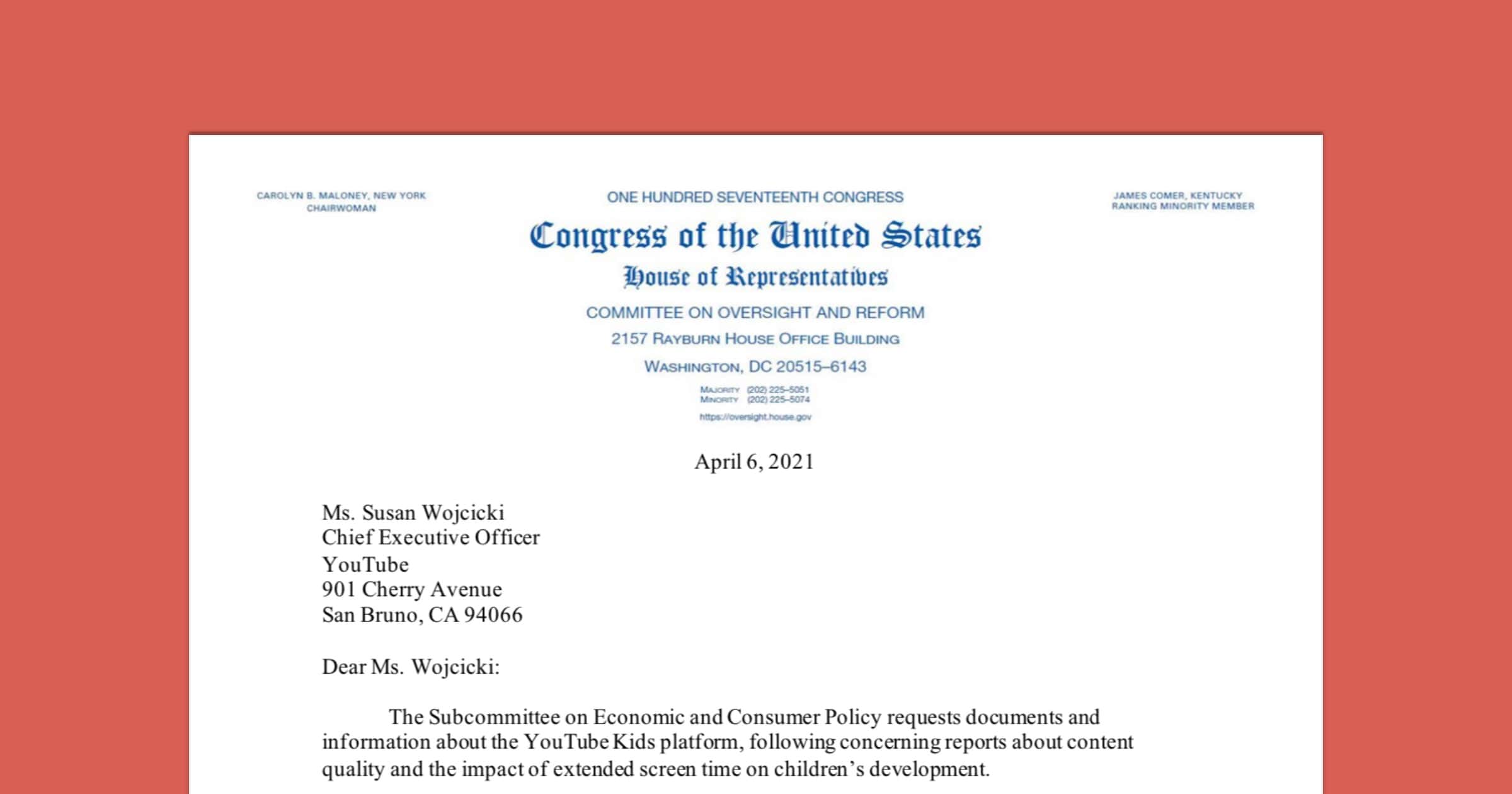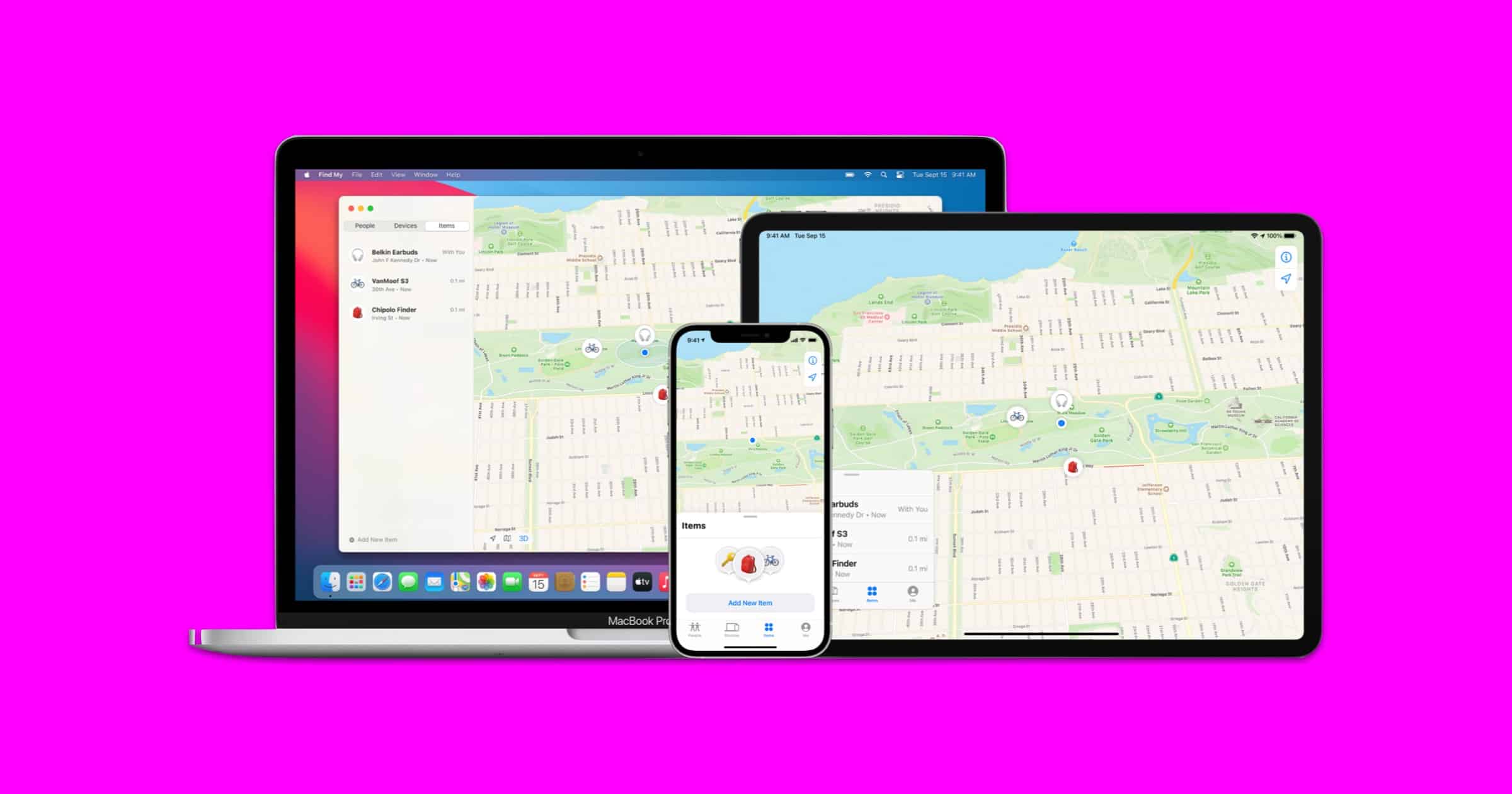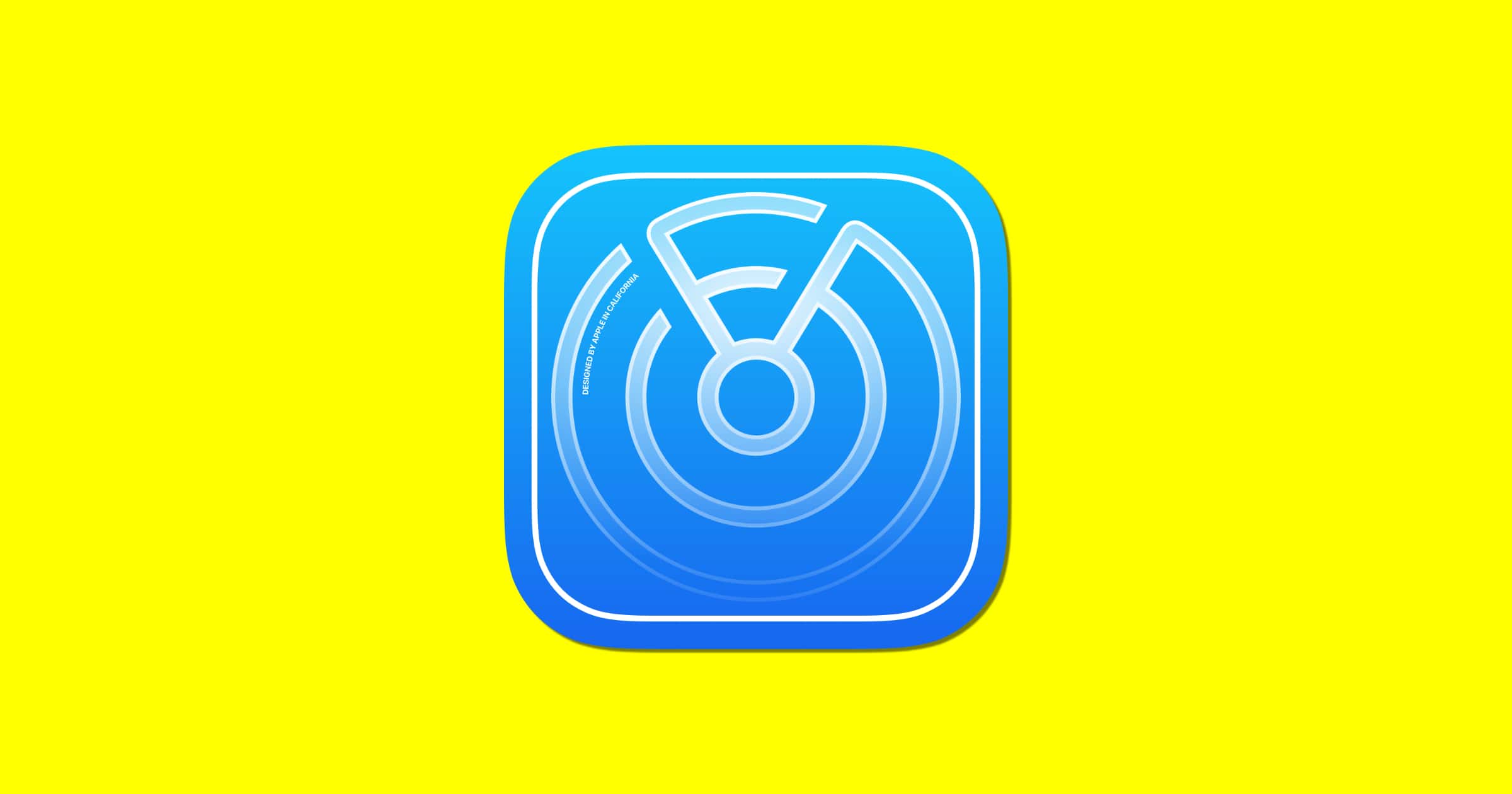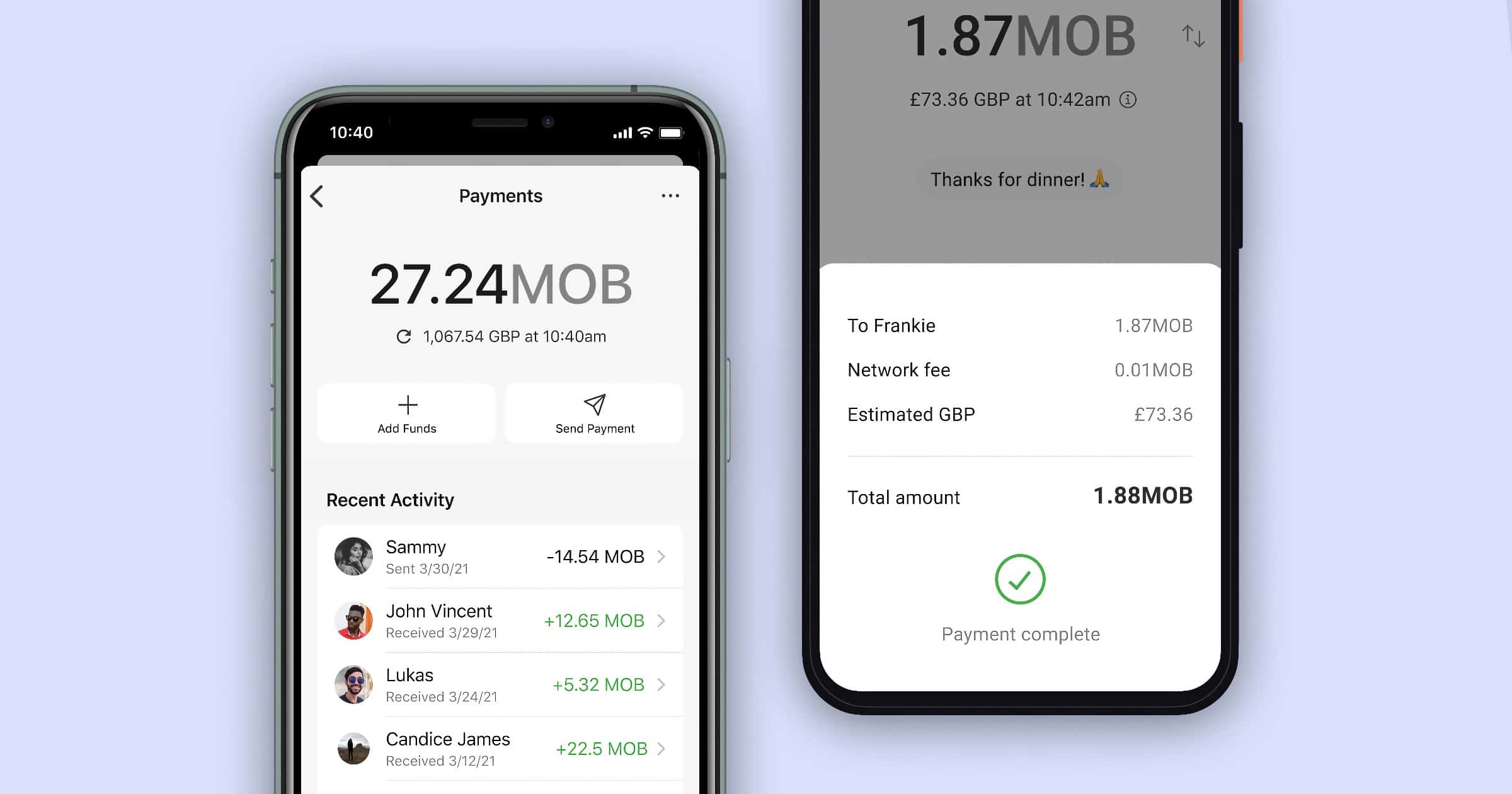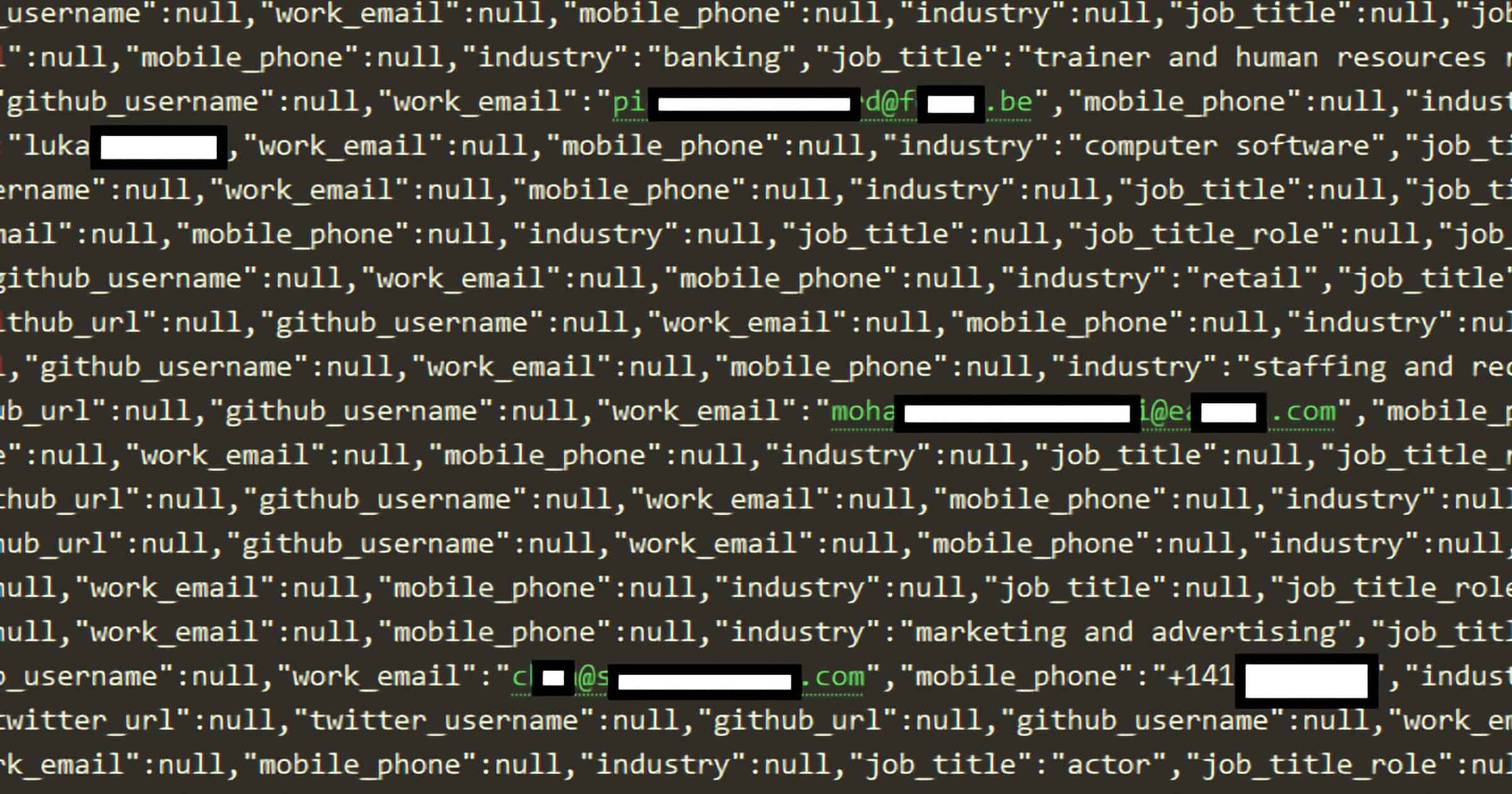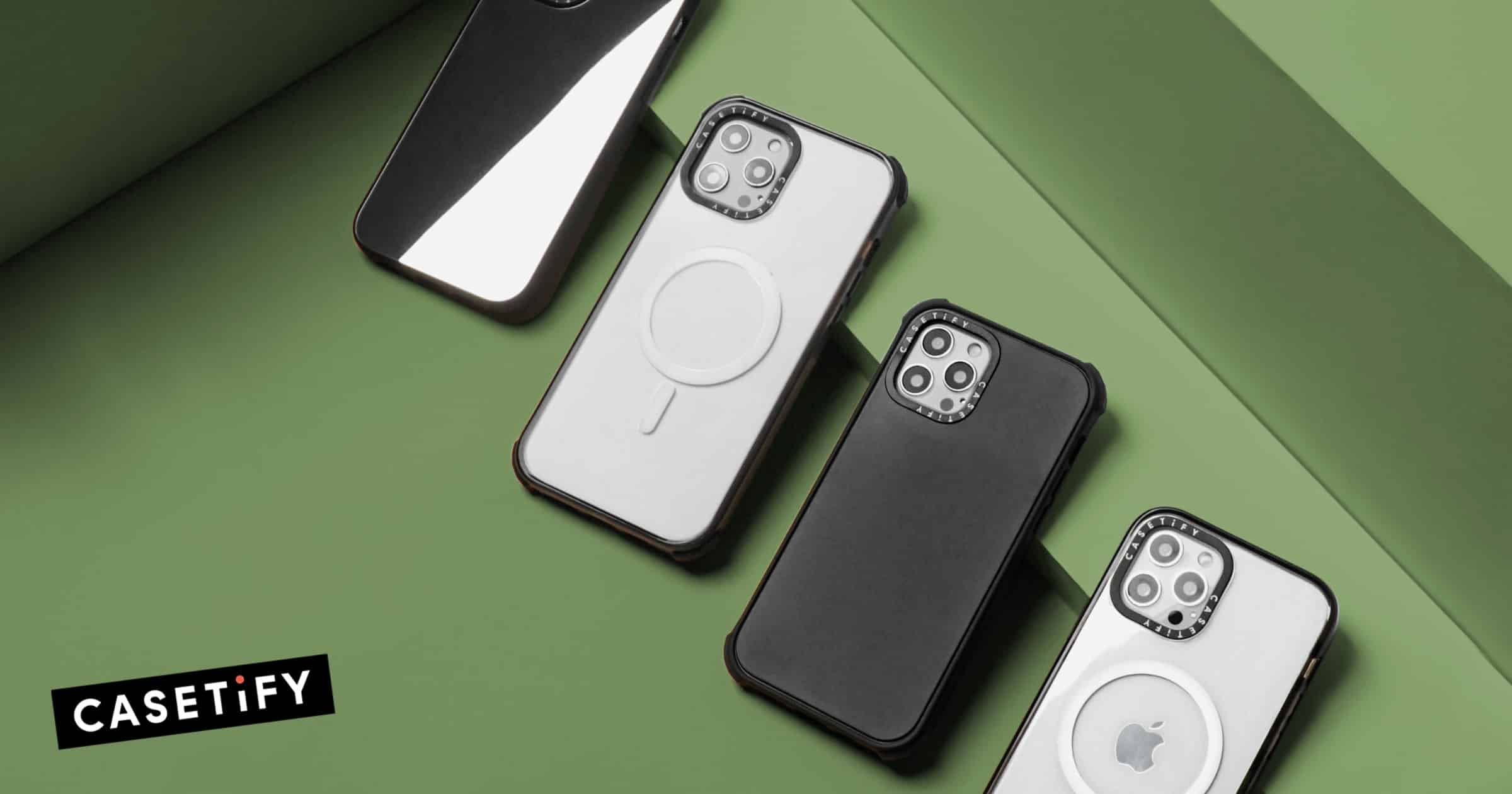A report on Monday claims that Apple is working on an Apple TV box with a built-in HomePod speaker and a camera for video conferencing.
Articles by Andrew Orr
Apple Publishes 2020 Transparency Report for Government Requests
Apple has published its transparency report from 2020. It gives information about what kinds of requests it receives from third parties.
Safari Exploit Revealed at Pwn2Own 2021
Jack Dates found an exploit in Safari which won him US$100,000 along with 10 Master of Pwn points at Pwn2Own 2021.
This Hacker Fights Back Against Phone Scammers
AARP recently published a fascinating investigative report of how one man, alias Jim Browning, fights back against phone scammers.
Verizon Recalls Mobile Hotspots Over Fire Hazard
Working with the CPSC, Verizon is recalling its Ellipsis Jetpack mobile hotspot devices due to a potential fire hazard from its battery.
Samsung’s ‘iTest’ Puts Android on Your iPhone
Samsung has created a web app called iTest that puts a simulation of Android on your iPhone to convince you to switch.
When you’re in the Samsung iTest app on your iPhone, you’ll even receive a variety of simulated text notifications and phone calls highlighting different things to try out and different ways of communicating with friends. And of course, Samsung is also using this as an opportunity to promote its other Galaxy products, such as Galaxy Buds Pro, Galaxy Watch3, and Galaxy Buds Live.
I think it’s really cool and creative.
Adobe Releases Update to ‘Source Han Sans’ Open Source Font
Adobe and Google partnered to create an open source font for East Asian languages called Source Han Sans. Adobe on Thursday released the latest iteration called Source Han Sans Variable.
The existing seven weights of Source Han Sans now come in a single file that encompasses the entire design space. This affords typographers more granular control: rather than seven static weights ranging from ExtraLight to Heavy, weight exists on a continuum and is expressed through minimum and maximum numeric values.
‘Documents by Readdle’ Launches for M1 Macs
Documents by Readdle is a popular file management app for iPhones and iPads. Today the company announced the launch of an M1 Mac app.
Tim Cook Suggests Smartphone Voting, Ohio Sec. of State Says ‘Preposterous’
Tim Cook suggested smartphone voting as a way to expanding voting access to Americans. Ohio Secretary of State Frank LaRose says it’s “preposterous.”
Lawmakers Call YouTube Kids ‘Wasteland of Vapid, Consumerist Content’
The US sub-committee on economic and consumer policy sent a letter [PDF] to YouTube CEO Susan Wojcicki about its app for kids, saying it’s full of “inappropriate… highly commercial content”.
According to the letter, some videos appeared to be “smuggling in hidden marketing and advertising with product placements by children’s influencers”.
The letter claimed that one research team, which it did not name, found only about 4% of videos had a high educational value. Much of the rest was low quality content such as toy unboxing and videos of people playing video games.
Apple Announces ‘Find My’ Network for Third-Party Accessories
A day after launching a testing app for Made for iPhone licensees, Apple has officially announced its Find My network.
T-Mobile. Launches 5G Home Internet for $60 per Month
T-Mobile’s 5G Home Internet service will provide customers with unlimited high-speed internet for US$60/month.
Jon Stewart’s Apple Show Will be Called ‘The Problem With Jon Stewart’
Apple revealed the title of Jon Stewart’s future show on Apple TV+. Called “The Problem With Jon Stewart” it will launch this fall.
This New GaN Charger has Built-In Wireless Charging
Fledging is readying a Gallium nitride (GaN) charger that offers 130W of power in four ports: 3 USB-C and one USB-A.
Apple Launches Testing App for Item Location Devices
Apple has released a new app called Find My Certification Asst. It’s meant for Made for iPhone manufacturers to test accessory support.
Smartphone Case Maker ‘Incipio’ Partners With Eden Reforestation Projects
Incipio is partnering with Eden Reforestation Projects for Earth Month 2021. For every purchase of an Organicore smartphone case, five trees will be planted.
Chat App ‘Signal’ Beta Tests Crypto Payments With MobileCoin
For Signal users in the United Kingdom, the company is releasing a new feature for beta testing that lets people send payments to each other using the cryptocurrency MobileCoin (MOB).
There’s a palpable difference in the feeling of what it’s like to communicate over Signal, knowing you’re not being watched or listened to, versus other communication platforms. I would like to get to a world where not only can you feel that when you talk to your therapist over Signal, but also when you pay your therapist for the session over Signal.
The limitation is because MobileCoin is listed for purchase on only one exchange, FTX, which doesn’t allow trades from U.S. residents. I’ve never heard of MobileCoin before but I’d say it’s something to keep an eye on.
An Engineer Just Upgraded an M1 Mac With More RAM and Storage
A maintenance engineer in China did some DIYing and were able to upgrade an M1 Mac to add more RAM and SSD storage.
Data Recovery App ‘Disk Drill’ Adds M1 Mac Support
CleverFiles announced on Tuesday that its data recovery app Disk Drill has added support for M1 Macs in its 4.3 update.
LinkedIn Data Leak of 500 Million People Sold Online
Just days after a Facebook data leak was discovered, security researchers found another one, this time involving LinkedIn. It affects a similar amount of users, 500 million, with data being sold on a “popular hacker forum.”
The leaked files appear to only contain LinkedIn profile information – we did not find any deeply sensitive data like credit card details or legal documents in the sample posted by the threat actor. With that said, even an email address can be enough for a competent cybercriminal to cause real damage.
Facebook Leaks Data of 553 Million People Like Phone Numbers
The personal data of 553 million Facebook users was posted in a hacking forum over the weekend. Data includes phone numbers, full names, locations, email addresses, and other information.
While it’s a couple of years old, the leaked data could prove valuable to cybercriminals who use people’s personal information to impersonate them or scam them into handing over login credentials, according to Alon Gal, the chief technology officer of the cybercrime intelligence firm Hudson Rock, who discovered the trough of leaked data on Saturday.
Facebook PR has been downplaying the leak, saying it’s “only” two years old. But for most people, their phone number, email addresses, and full names probably haven’t changed in that time.
CASETiFY Launches New MagSafe Cases for iPhone 12
Tech accessory company CASETiFY has launched a new line of MagSafe cases for the iPhone 12 smartphone line.
Supreme Court Sides With Google in Legal Battle Over APIs
Google and Oracle have been fighting for a decade over the copyright status of APIs, or application programming interfaces. But Google just won [PDF].
The high court punted on whether APIs can be copyrighted in the first place. But the court’s fair use reasoning was broad enough that it should provide a strong defense for most API copying, making the question of API copyrights much less important.
QuickTrip Rolls out Support for Apple Pay at Gas Pumps
A report on Monday shows that QuikTrip is rolling out support for Apple Pay at its gas pumps.

